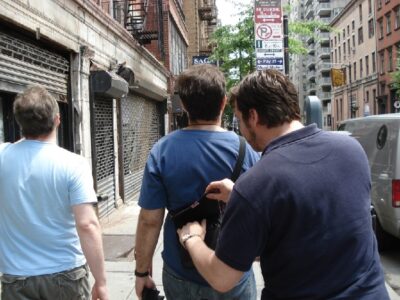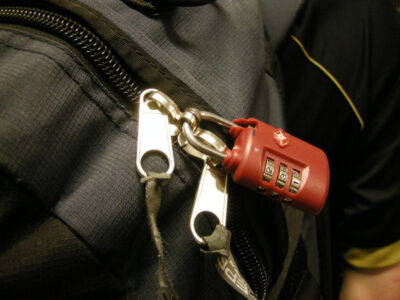Who are they?

First of all, pickpockets most often are not what you'd expect. They're not shady looking men or down on their luck bums. Most often they will actually be young boys and girls around 10-12 years old.
Since people are more trusting of kids and never suspect that they would rob them, they're able to get victims to let their defenses down easier. Also, because they're minors and don't have any ID, police can't really do anything when they're caught.
Along with kids, there are also well dressed businessmen who are pickpockets. Once again, people never suspect that a "successful" business man could ever be a thief.
Pickpockets will almost always work in groups. A few will create a distraction while another picks your pocket and hands it off to someone else.













